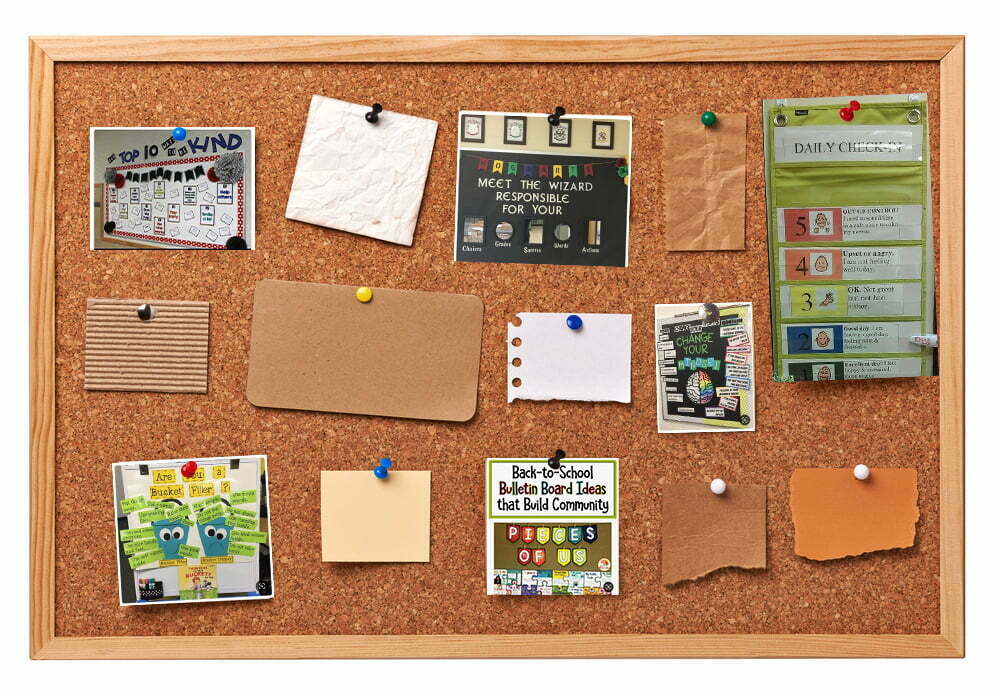Adjectives are among the most thrilling aspects of speech. Because without an adjective, we wouldn’t be capable of telling our friends which films are good and which are being hyped for no reason. In addition, they also let us define ourselves as amazing, incredible, extraordinary, amazing, and, of course, humble. The most important thing is that adjectives can help us clarify the difference between funny memes and demeaning ones. Therefore, based on these dependable facts, adjectives are essential elements of grammar. But, did you know that there are different kinds of adjectives? It’s true! There are at least thirteen adjectives we typically use.

What is an adjective?
One can always define an adjective as a term that alters a noun or a pronoun. In general, adjectives provide more details about a noun or pronoun by giving a description or more details about it. For instance, the word ‘humorous‘ refers to something that is fun or causes laughter.

In this article, we will examine the different types of adjectives we typically employ in our everyday writing and speech and let’s understand what are adjectives with examples. Before we begin, however, there are two issues we must address first.
Coordinate and cumulative adjectives
These two adjective terms are more relevant to better writing practices than grammar concepts. Generally, we use cumulative adjectives, as well as coordinate adjectives, in writing guides, punctuation, or adjective order.
The term “coordinate adjectives” refers to adjectives that are used in any sequence, separated by a comma, or the word “and”. For instance, the words ‘huge‘ and ‘heavy‘ constitute coordinate adjectives and can be used in the sentence: ‘He was carrying a huge, heavy box up the stairs’ or ‘ He was carrying a huge and heavy box up the stairs.’
On the other hand, “cumulative adjectives” are adjectives that fall into different categories. They are not separated by commas and follow a particular order to make sense. So while ‘He was an edgy French man‘ is correct, ‘He was a French edgy man’ is incorrect.’
Determiners
Adjectives are words that describe nouns/noun phrases. Determiners precede nouns/noun phrases and are like indicators. As with verbs and nouns, there are also different types of adjectives, and one cannot define them precisely. Therefore, grammar and style guides may not accept certain adjectives you are about to discover in this article.

Some Common Types of Adjectives
Comparative adjective
One of the various types of adjectives is comparative adjectives. These adjectives compare two things or people. Comparative adjective examples are phrases like ‘smaller’, ‘more speedy’, or ‘more costly’, ‘more expensive’, as well as ‘less sensible’.
Comparative adjectives examples
- Whales have the distinction of being more massive creatures than dolphins.
- We moved into a less expensive home.
- This sequel proved to be better and more impressive than the original film.
Superlative adjective
One can use superlative adjectives to define a comparative result between two individuals or things, specifying the most extreme. Examples of superlative adjectives are words like ‘smartest’, ‘most loud’, ‘most impressive’, and ‘most important’.
Superlative adjectives examples
- Adrian is one of the most efficient members of the team.
- In all my publications, this paper ranks as one of the most popular.
- We are trying to find how to find the most straightforward method to present the lesson to new students.
Predicate adjectives
These adjectives appear in the predicate of sentences as an adjunct to a subject instead of directly following the pronouns or nouns they modify. Moreover, predicate adjectives generally connect verbs in clauses and sentences.
Predicate adjective with examples
- Andrea is tall.
- Freddy became angry.
- The steak appears tasty.
Compound adjectives
Compound adjectives are made up of several words. Furthermore, they are often connected using hyphens. Some examples of these include ‘endless’, ‘cross-eyed, and ‘ad-hoc’.
Compound adjective examples
- What a well-behaved dog you have!
- The happy-go-lucky child enjoyed our excursion at Disneyland.
- This a four-foot table.
- He is a hot-headed guy.
Possessive adjectives
Possessive adjectives are frequently employed to show ownership or possession. The most popular possessive adjectives are ‘my’, ‘your’, ‘yours, ’her’, ‘his’, ‘theirs’, ‘our’, ‘their’, as well as ‘who’s’.
Possessive adjective examples
- My favourite food is pizza.
- Sydney was spending the afternoon at home with her parents.
- Canadians rejoiced the success of their team’s win in the Olympics.
Demonstrative adjectives
Demonstrative adjectives are employed to indicate relative positions within the space of time. The most frequently used demonstrative adjectives are ‘this’, ’that’, and ‘these’.
Demonstrative adjective examples
- This watch is more affordable than the other one.
- The coming weekend will be a blast.
Proper adjectives
Proper adjectives are those that are derived out of proper verbs. Furthermore, they are generally used to convey a connection between something and a particular person or area. These adjectives refer to terms like ‘African’, ‘Napoleonic’, as well as ‘Shakespearian’.
Proper adjective examples
- He was reading a Russian newspaper.
- I believe Haitian foods are very tasty.
- We have been studying the background of Victorian England for the past two hours.
Participial adjectives
These adjectives are built on participles, which are the words that originate from verbs and usually end with the “-ed” or “-ing” form. Participial adjectives refer to words such as ‘impressed’, and ‘captivating’.
Participial adjective examples
- Travis put on his running shoes.
- Please hand me my reading glasses.
- The clown’s silly antics brought joy to the tired kids.
Limiting adjectives
These are adjectives that restrict a word or pronoun, rather than describing the characteristics or features. Furthermore, these adjectives can be found in other kinds of adjectives, such as demonstrative adjectives or possessive adjectives. The words that are restricted include ‘these’, ‘you’, and ‘others’.
Limiting adjective examples
- She discovered the penny coins hidden under the cushions on the couch.
- Have a look at those delicious red apples.
Descriptive adjectives
Descriptive adjectives describe the features and characteristics of a pronoun or noun. Most adjectives fall under the category of descriptive adjectives. Words like ‘friendly’, ‘purple’, and ‘attractive’ are examples of descriptive adjectives.
Descriptive adjective examples
- Many intriguing people come to this park.
- She told a scary story.
- The leaves changed colour from orange to red.
Interrogative adjective
Interrogative adjectives are words that are used to inquire about something. These adjectives refer to words like ‘who’, ‘what’, ’are’, ‘who’, as well as ‘which’.
Interrogative adjective examples
- Which colour is your personal favourite?
- What switch turns off the lights?
- Who’s duty is it to clean your cat?
Attributive adjective
Attributive adjectives are those that are located directly beside the pronoun or noun they modify. Most often, they appear immediately before pronouns and nouns that they alter. In fact, they can also occur in between them.
Attributive adjective examples
- She has a beautiful handwriting.
- The hungry gorilla consumed fresh mangoes.
- Keith gave his dad a special gift to make his birthday memorable.
Distributive adjective
Distributive adjectives identify individuals within a group. Some examples of distributive adjectives include ‘every’, ‘every’, ‘both’, and ‘neither’.
Distributive adjective examples
- Every pup was given its very own doghouse.
- All players on the team scored an assist.
- I’ll be content if any one of them scores a victory.




